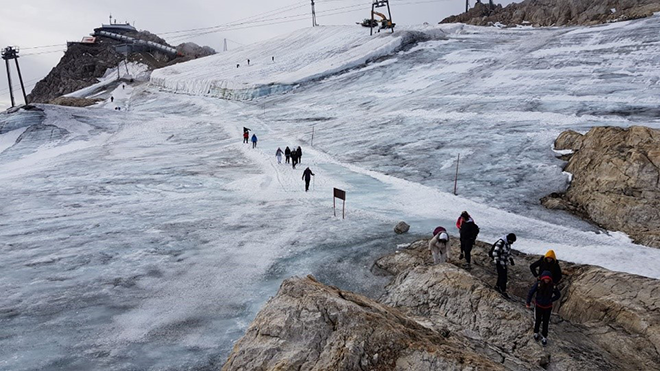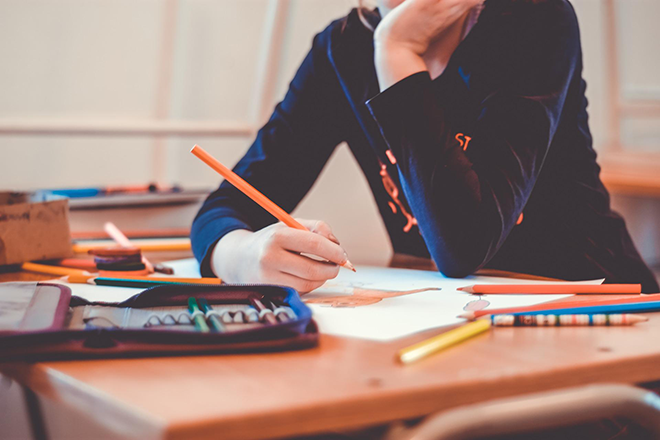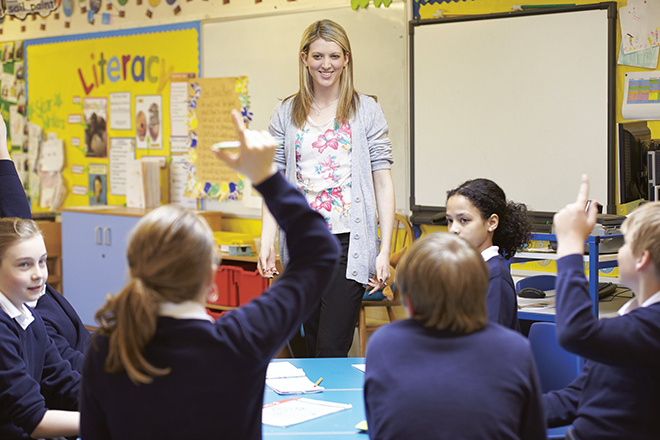This school year’s research-education cooperation – “kompetent in die Zukunft” (in English: competent towards the future), the Austrian local network, was aggravated by the outbreak of the Covid-19 pandemic. Covid-19 posed a challenge both on partner schools as well as on the researchers of the University of Innsbruck (UIBK). While the kick-off event at the beginning of the school year could take place as usual, the midterm of the project was characterised by restrictions of mobility and home schooling.
Further, the seriousness of the crisis forced us to cancel most of the Alpine Research Weeks at the end of the school year, which usually are the highlight.
During these weeks, students get the opportunity to do research together with experts and to exchange views with local stakeholders about climate change in different places within a High Alpine Mountain Area.
Since the Covid-19 situation improved due to the adopted measures during the summer months, we were able to carry out at least one Alpine Research Week with one school in Schladming, Austria. The continuing threat of Covid-19 made a modification of the Alpine Research Week according to the measures and regulations in force necessary, to ensure safety for all participants.
Joyful days
We went through four joyful days full of experiences. Beside the effects and interrelationships between climate change, glacier retreat, environmental ethics and tourism, the students and teachers, as well as we (researchers of the UIBK), learned a lot about different perspectives and solidarity. The students held together not only continuously wearing a mask within the seminar rooms, but also during the demanding hike in the pouring rain during the environmental ethics module on the second day.
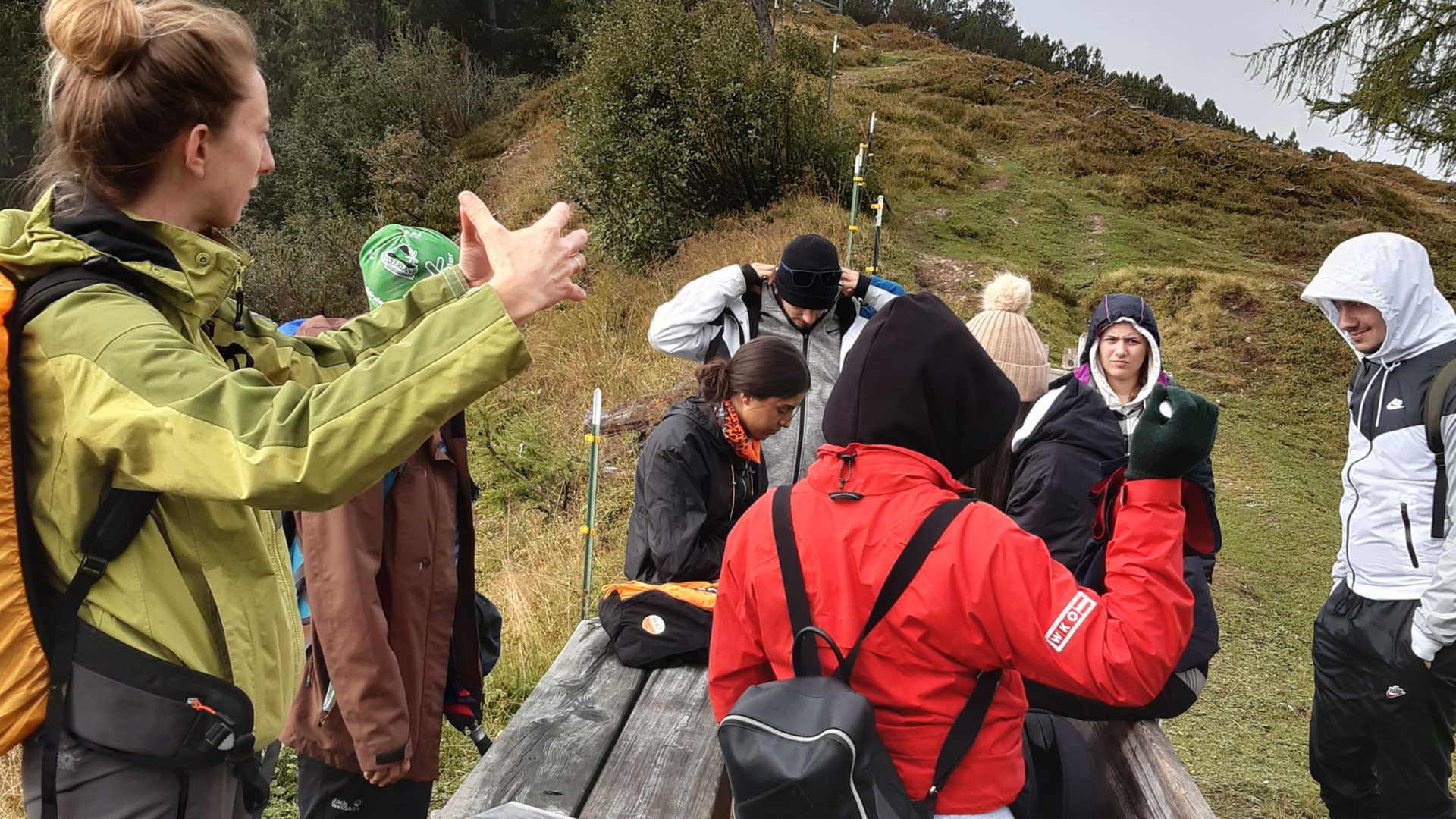
The Alpine Research Week started with a welcome of the students on the day of their arrival, afterwards they were asked about their pre-conception of climate change in different fields. On the second day we drove by public transport to the Schladminger glacier where the glacier module and, nearby, the environmental ethics module took place.
During these educational settings, the students developed and explored in depth their own research question against the background of climate change. Thereby they were supported by a glaciologist and an environmental ethics expert. On the third day, the students went through different phases in small groups within the tourism station in the city of Schladming, where they got the opportunity to find answers to their own research questions by interviewing locals and tourists.
For most of the students this was the first time to develop a research question on their own. At the end of the day we discussed their impressions and results. Finally, we recorded their post-concepts regarding climate change, in order to see if their perspectives changed over the days.
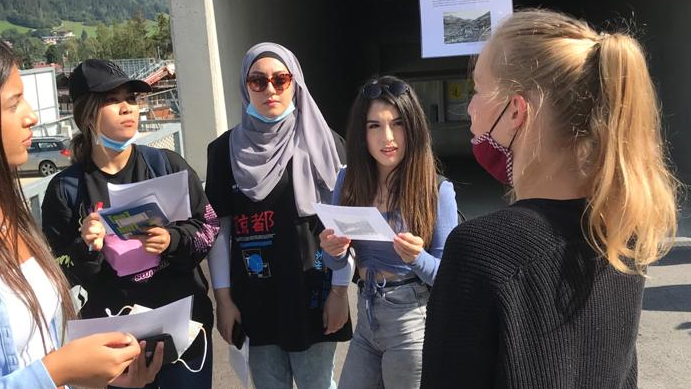
Interviews with local stakeholders
During the last day of the Alpine Research Week, we invited two local stakeholders of the region, the technical director of the mountain railways and the office director of the tourism association. The students were encouraged to share their experiences with them, as well as to ask them their still open questions. We finished the Alpine Research Week with interviews and a goodbye.
If the students not still dream about the challenging hike during the environmental ethics station, we are sure that they will take different perspectives about climate change and about their personal opportunities to contribute to climate protection in their daily lives.
This was also confirmed in the interviews with the students.



